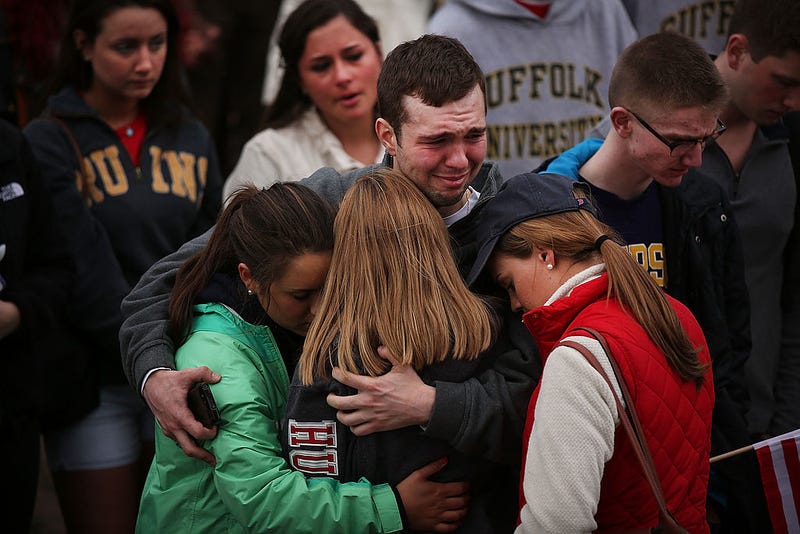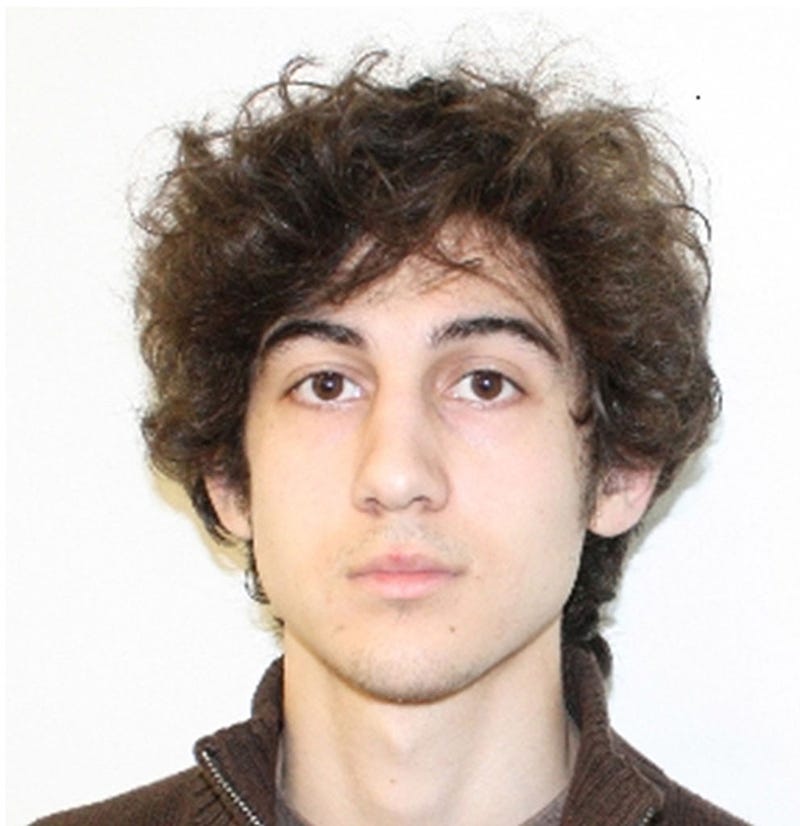
While the government and victims of the 2013 Boston Marathon bombings wait for more than $100 million in payment from bomber Dzhokhar Tsarnaev, the inmate has failed to pay up.
Instead, he collected a $1,400 federal stimulus check as well as other sums from people around the country, according to the Boston Herald.
Tsarnaev – now 28 – was convicted six years ago for his participation in the bombings, which killed three people, maimed 17 and injured hundreds, according to the U.S. Department of Justice. He planned the bombing with his brother, Tamerlan Tsarnaev. The Soviet Union-born brothers were reportedly influenced by al Qaeda literature.

They placed two pressure-cooker bombs filled with shrapnel among the marathon crowds on April 15, detonated them seconds apart and fled the scene.
Three days later after the bombing, Tsarnaev and his brother drove to the MIT campus where they shot and killed MIT Police Officer Sean Collier and attempted to steal his service weapon. Later that day, they carjacked a Mercedes SUV, kidnapped the driver, and forced him to drive to a gas station, robbing him of $800. The brothers also detonated other explosive devices, “engaged in a firefight with Watertown police officers,” and attempted to kill police with a stolen vehicle.
Tsarnaev ran over his brother while escaping and hid in a winterized boat in a Watertown backyard until his arrest. His brother died from injuries sustained during the events.
As of this year, Tsarnaev is awaiting a death penalty decision. He is held at the United States' top security prison in Florence, Colo., said NBC News.
Tsarnaev attempted to sue U.S. Attorney General Merrick Garland and prison guards a year ago for $250,000 over what he said in a hand-written lawsuit is “disturbing” and “unprofessional” treatment inside the supermax prison.
According to Acting U.S. Attorney in Massachusetts Nathaniel Mendell, Tsarnaev owes the government and the victims of the April 15 bombings $101,129,627. In a Wednesday filing, federal prosecutors asked that approximately $20,000 deposited into Tsarnaev's trust fund be used to pay these outstanding fines.
Mendell will be replaced by Suffolk District Attorney Rachael Rollins Monday.
Along with other inmates in the U.S., Tsarnaev received a $1,400 COVID-19 relief payment over the summer, said the Wednesday filing. Additionally, he received $11,230 from the office of federal defenders in New York; $2,500 from someone in Indianapolis; roughly $1,450 from a person in Bloomfield, N.J.; and $950 from a person in Maryland as well as $3,486.60 from 32 unidentified people.
Although Tsarnaev is allowed to keep money to pay for clothing, school books and other items, prosecutors said he hasn't been using this money for those purposes. He has sent it to his other siblings, including $2,000 in for gifts, books and “support,” said prosecutors.
Tsarnaev's lawyers did not immediately respond to a request for comment, said NBC News.


